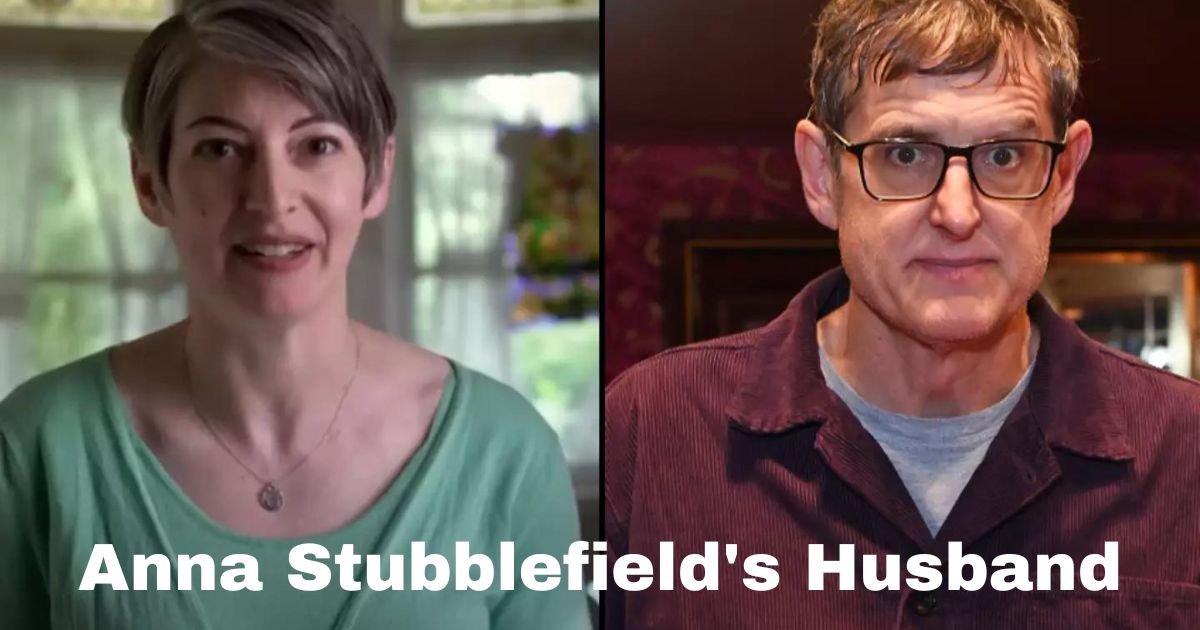Anna Stubblefield Husband: Unraveling the Complex Story
When we think about relationships, we often consider them through the lens of love, trust, and partnership. However, some stories intertwine with legal battles, ethics, and moral dilemmas. One such narrative is that of Anna Stubblefield’s husband. This article dives deep into the life of Anna Stubblefield and her husband, exploring the circumstances that brought them to the forefront of public discussion.
Who is Anna Stubblefield?
Anna Stubblefield is an American academic known for her controversial life and the circumstances surrounding her marriage. She served as a professor of philosophy at Rutgers University and gained notoriety for her views on disability, consciousness, and the philosophy of mind. However, her life took a dramatic turn when she became involved in a legal case that raised ethical questions regarding her relationship with her husband.
The Relationship Between Anna Stubblefield and Her Husband
At the story’s core is Anna Stubblefield’s relationship with her husband, who became central to her legal troubles. The couple’s relationship raised eyebrows due to the unique challenges they faced. While love and companionship are the foundational aspects of any marriage, the specifics of their relationship drew significant public scrutiny.
- How They Met: Anna and her husband first crossed paths during her work in disability studies. Their shared interests laid the groundwork for their relationship, which soon became a deep connection.
- Marriage: The couple married in a ceremony celebrating their bond, yet the emerging controversies soon overshadow this joy.
The Legal Battle
Anna Stubblefield’s life changed drastically when her husband became involved in a high-profile legal case. This case, which focused on the nature of consent and disability, caught the attention of media outlets and sparked widespread debate.
The Events Leading to the Trial
- Disability and Consent: The situation revolved around Anna’s husband, who had significant disabilities. The legal questions arose regarding whether he could consent to their intimate relationship.
- The Charges: In 2013, Anna was charged with sexual assault. The case hinged on whether her husband could legally consent to their sexual relationship. This unprecedented scenario forced courts to examine the intersection of disability rights and personal relationships.
The Trial
The trial of Anna Stubblefield was a media spectacle, captivating the public’s attention. Key points of the trial included:
- Testimonies: Witnesses included disability advocates, philosophers, and even family members, all presenting various perspectives on the nature of consent and the complexities of their relationship.
- Legal Precedents: The case raised critical questions regarding legal definitions of consent, particularly in relationships where one partner has significant disabilities.
- Outcome: In 2015, Anna was convicted and sentenced to prison. This outcome was met with mixed reactions, highlighting the deeply divided opinions surrounding the issues.
Public Reaction
The public’s response to the case of Anna Stubblefield’s husband was multifaceted. Opinions ranged from support for Anna and her love for her husband to criticism of her actions. This division created a broader conversation about the nature of relationships involving disabled individuals.
Supporters’ Views
- Love Knows No Boundaries: Many supporters argued that love transcends societal norms. They believed that Anna’s commitment to her husband exemplified the power of love, even in complex circumstances.
- Advocacy for Disabled Rights: Some advocates highlighted the need to understand disabled individuals’ rights in relationships better. They called for reforms allowing more nuanced discussions about consent and partnership.
Critics’ Perspectives
- Ethical Concerns: Critics voiced significant concerns regarding Anna’s actions, labeling them exploitative. They argued that her husband, given his disabilities, was unable to provide informed consent, thus raising ethical red flags.
- Legal Ramifications: Legal experts emphasized the need for more apparent laws surrounding consent, particularly for individuals with disabilities. The case underscored the need for current legislation to protect vulnerable populations.
The Aftermath
Following the conviction, Anna Stubblefield’s life took on a new trajectory. The trial’s ramifications extended beyond the courtroom, impacting her personal life and career.
Life After Conviction
- Rehabilitation and Reflection: Anna has since expressed a desire for rehabilitation and has sought to reflect on her past decisions. She has emphasized the importance of dialogue surrounding love, consent, and disability rights.
- Continued Advocacy: Despite her conviction, Anna advocates for disability rights. She has participated in discussions and panels, aiming to educate others about the complexities of relationships involving disabled individuals.
Understanding the Broader Context
The story of Anna Stubblefield’s husband is emblematic of broader societal issues. It illuminates the complex relationship between love, disability, and consent, forcing society to confront difficult questions.
Societal Implications
- Legal Definitions of Consent: The case has prompted discussions about the legal definitions of consent and how they apply to individuals with disabilities. It highlights the urgent need for legal reforms to protect vulnerable populations better.
- Ethical Considerations: The ethical implications surrounding relationships involving disabled individuals necessitate further examination. Society must grapple with how to balance love and autonomy within these contexts.
Conclusion
The story of Anna Stubblefield’s husband serves as a poignant reminder of the complexities surrounding love and consent, mainly when disabilities are involved. This narrative raises essential questions about the nature of relationships and the ethical considerations that come into play. As society continues to navigate these issues, the conversations sparked by Anna’s life and legal troubles will undoubtedly persist, challenging us to rethink our perspectives on love, consent, and advocacy.
The tale of Anna Stubblefield is not just about her and her husband; it’s about understanding the nuances of human relationships in the face of societal and legal challenges. As we reflect on this story, let’s hope for greater empathy, understanding, and advocacy for all individuals, regardless of their circumstances.





Post Comment